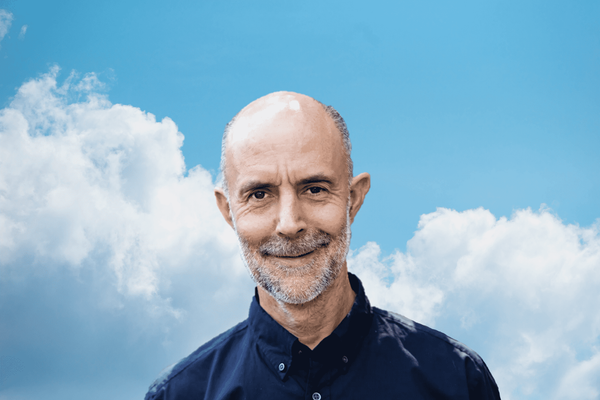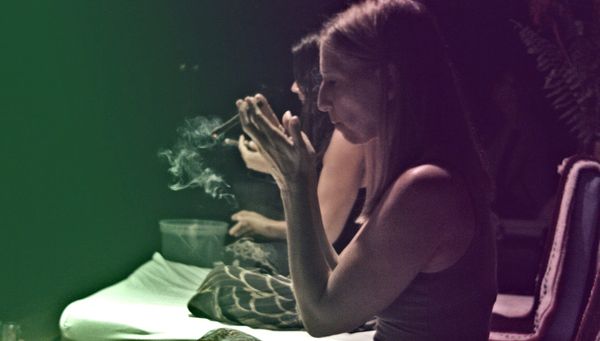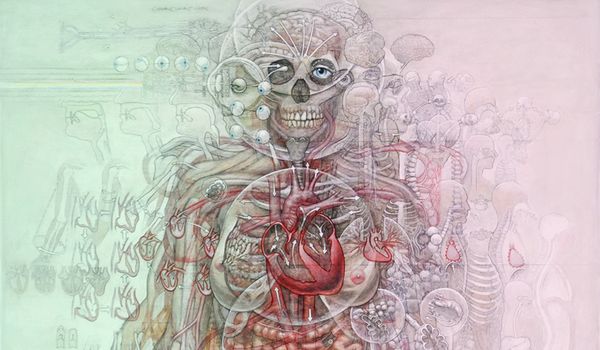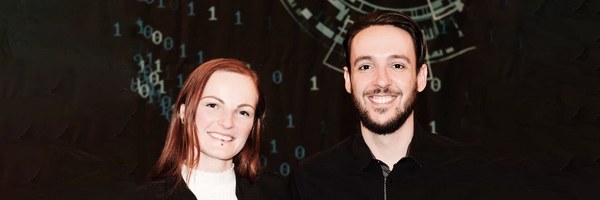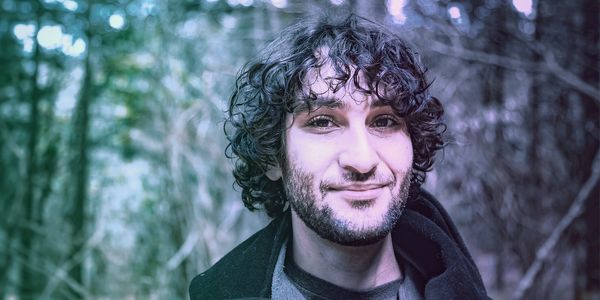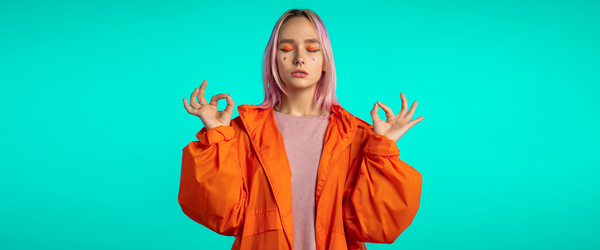Daniel Goldsmith • • 3 min read
Short Meditations on Utopia Pt. 3/3

**If you missed the introduction to this post, click here**
5) Questioning Bliss
Is following your bliss some kind of Mickey Mouse, New Age advice? What if you find yourself living in a society with oppressive external structures, or stuck in some other impossible situation?
I’ve been to places in Asia that have made me seriously question whether “following your bliss” is just a modern western luxury. Would all the garbage pickers I saw working in a Jakarta dump change their lot by finding their bliss? What about the people with leprosy I worked with in India? Could they have overcome their ostracization, poverty, and physical suffering simply by tapping into what truly drives them? Perhaps ‘following bliss’ is just another utopian fantasy like Communism, disconnected from the realities of the world and the way people actually are.
I would go back, however, to Campbell’s statement that “any world is a valid world if it’s alive.” I think he’s serious when he says any world. For example, the leprosy community where I worked (Anandwan, lit. “the forest of bliss”) is a place of deep pain and suffering, but it also provides an opportunity for 5,000 people to explore their human potential in ways that wouldn’t have been possible otherwise. Many residents are engaged in incredible artistic, agricultural, and industrial projects.
The community exists because one man (Baba Amte) gave up his comfortable life as a lawyer. For Amte, following his bliss meant giving up his social status to toil on parched land for years to create a place where anyone who society had “thrown away” could live and work with dignity. Amte simply responded to a situation with love and compassion, not really knowing how it would all turn out. I was deeply moved by his example and the thousands of lives he changed, all of whom showed me that the human spirit is indeed capable of anything.
When I think of Anandwan, it reminds me that I’m capable of doing anything I set my mind to. Its example inspires me to take full advantage of the favorable outside circumstances I’ve been blessed with. Of course, I still have inner obstacles (doubt, fear, jealousy) to surmount, but nobody said that following bliss was easy. In fact, it is what the hero’s journey of slaying dragons and conquering demons is all about.
Meditation:
Think about something you’d really like to be doing, and ask yourself why you aren’t.
6) Not Following Bliss
But then again, maybe it’s better not to follow your bliss…
Last summer, I learned more about my father’s decision as a young man to study law (and consequently marry my mother and start a family) instead of pursuing theology, his bliss. He told me about the deep satisfaction he had after leading a weeklong seminar on Thomas Merton, where he had even unexpectedly been paid and praised by the retreat’s director. When I learned this, my first reaction was, “how could he have not followed his bliss?!” My father’s unexpected windfall of being paid to do something he loved seemed to me a clear case of the universe opening a door to help him: how could he not have walked through it?
But actually, I should be very grateful for my father’s decision: I wouldn’t be alive otherwise!
Perhaps I am too rigid and categorical in my insistence that we all should have the discernment to see and the courage to follow the little signs that life gives to encourage us to do what we really love. Looking at my life, I see the tremendous bounty this attitude has brought me, with all the incredible experiences that have come my way as a result of “being open” and taking risks. Since I’ve seen it work out so well in my circumstances, I’d like others to experience it too. “Following your bliss” is a philosophy that empowers me, since it makes me more aware and alert of the world around me, and even gives me a bit more patience when things don’t seem to be working out (it might be the prelude to something amazing, after all!). But just because it’s worked out for me doesn’t mean it’s the right path for everyone. Sometimes, for reasons beyond my understanding, it might be better for someone to ‘stick to the plan.’
But in the end, maybe it’s actually best to stop thinking it terms of ‘better,’ ‘should,’ and ‘working out’ altogether, recognize that our perspectives are profoundly limited, and stop imposing these types of categories and judgments on the world.
Meditation:
Do we ever really know how to live our lives?

